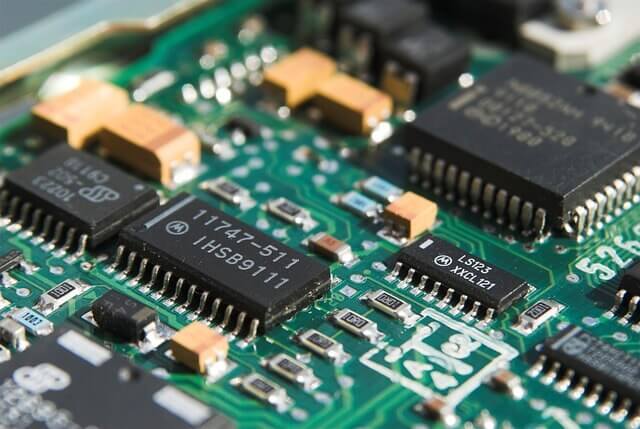What is firmware security
Firmware security is essential because a compromised firmware can give attackers complete control over a device, allowing them to steal data, install malware, or even damage the device or its infrastructure. Firmware security involves implementing measures to prevent unauthorized access, detect and mitigate vulnerabilities, and ensure that the firmware remains up-to-date and secure throughout its lifecycle.
Some of the key aspects of firmware security include:
- Secure development practices: Firmware should be developed using secure coding practices, including following industry-standard secure coding guidelines and conducting regular security code reviews.
- Secure storage and transmission: Firmware should be encrypted and stored securely to prevent unauthorized access, and any transmission of firmware updates should be encrypted and authenticated to prevent tampering.
- Testing and vulnerability assessments: Firmware should be thoroughly tested for vulnerabilities, and regular vulnerability assessments should be conducted to identify and address any new threats or weaknesses.
- Regular updates: Firmware should be regularly updated and patched to address any newly discovered vulnerabilities or threats.
- Monitoring and incident response: Firmware should be monitored for signs of tampering or unauthorized access, and organizations should have an incident response plan in place in case of a security breach.
- Supply chain security: Vendors should be carefully vetted to ensure that they follow secure development practices and that their products are free from vulnerabilities and tampering.
Overall, securing the firmware is essential to protecting the devices we rely on every day and ensuring that they remain secure and reliable throughout their lifecycle.
Want to learn firmware security from Industry Experts? Contact us today.
Why firmware security is important
Here are a few key reasons why securing the firmware is so important:
- Protection from unauthorized access: Firmware is the software that manages a device’s hardware and low-level functions, and a compromised firmware can give attackers complete control over a device. Firmware security measures help protect devices from unauthorized access and prevent attackers from stealing data or installing malware.
- Protection of critical infrastructure: Many types of devices, including those used in critical infrastructure, rely on firmware to function properly. If firmware is compromised, it can cause serious damage to infrastructure and put public safety at risk.
- Protection of intellectual property: Firmware often contains proprietary information, including trade secrets, designs, and algorithms. Compromised firmware can allow attackers to steal this information, which can have serious financial consequences.
- Compliance with regulations: Many industries, including healthcare and financial services, are subject to strict regulations governing data security and privacy. Appropriate security measures can help organizations comply with these regulations and avoid costly penalties.
- Protection from supply chain attacks: Firmware is often developed by third-party vendors, and it may be vulnerable to supply chain attacks, where attackers compromise the firmware during the manufacturing or distribution process.
Looking to learn firmware security with real-life use cases? Contact us today.



